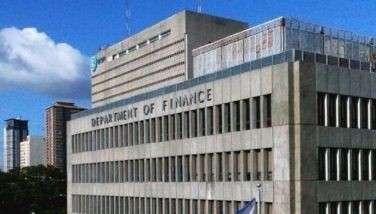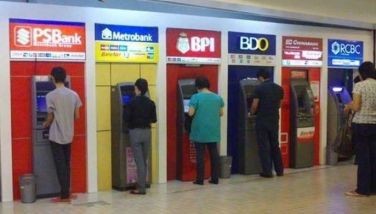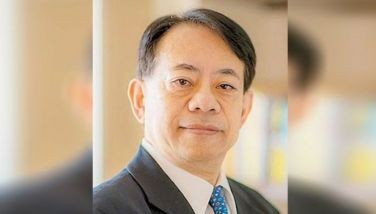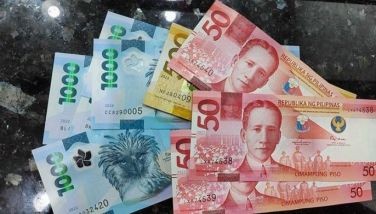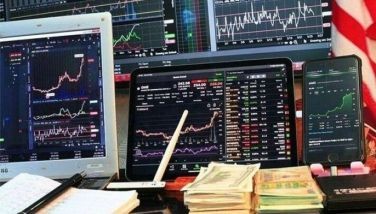High-value products targeted for exports
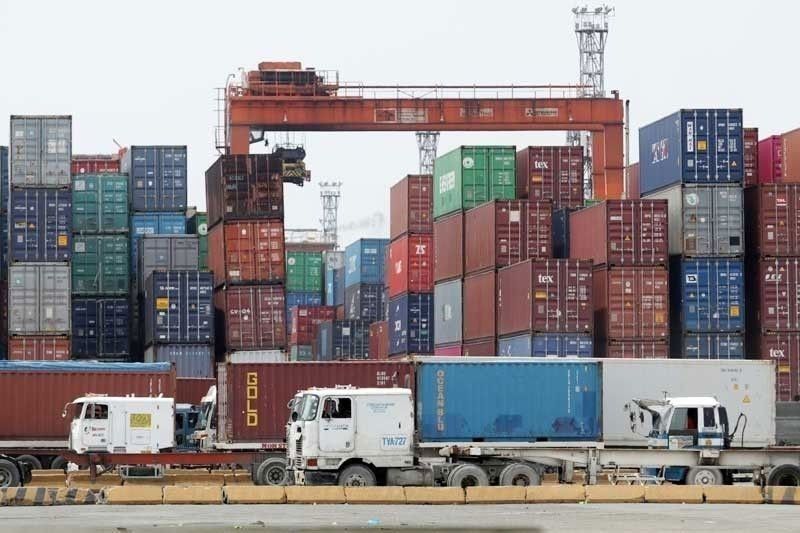
MANILA, Philippines — The government is eyeing to position the Philippines as an exporter of high-value products as part of its goals under a new Philippine Development Plan (PDP).
During the general membership meeting of the Philippine Exporters Confederation (Philexport), Trade Secretary Alfredo Pascual said a number of commodity groups presented strong growth in terms of exports in 2021 up to the first half of this year.
These include electronics, other manufacturers, mineral products, cathodes, refined copper, chemicals and coconut oil.
“Building on these initial gains, we are drafting a Philippine Development Plan for 2023-2028,”Pascual said.
“For this new Philippine Development Plan, we are pursuing to transform our country from an exporter of commodities and intermediate goods to an exporter of high value products and services.Our new directions are headed toward complete data analytics, stronger and wider stakeholder engagement, product and market matching, and a proactive legislative agenda,”Pascual said.
In line with this, Pascual said the Department of Trade and Industry (DTI) would support industry development through priority clusters, particularly industrial, manufacturing and transport (IMT); technology, media and telecommunication (TMT); health and life sciences (HLS), and resource-based.
Pascual said the IMT cluster provides the country with upgrading opportunities in aerospace, automotive, and semiconductors.
He explained that the common thread among all the three IMT subsectors is the electronics and electrical parts and components are global value chains.
“We aim to attract foreign direct investments to design capacity so that more value-added is captured and manufacturing is expanded in the country. Manufacturing is the country’s guarantee of sustainable and inclusive growth, providing more stable and higher-paying jobs. We hope that after we have built the base of the large industries, MSMEs can participate in the supply chains of these large companies,”Pascual said.
Meanwhile, the TMT cluster will provide the Philippines with opportunities to digitalize services.
“In the BPO (business process outsourcing) sector, the next decade will witness the BPO segment as a cross cutting contributor to the competitiveness and efficiency of the other global value chains it supports. From cost saving, it will shift to value addition,”Pascual said.
82 percent of BPOs and shared services centers in the Philippines serve global markets, Pascual said this is a positive attribute that can be leveraged.
“And this will be toward increasing our participation in the TMT global value chain,”he said.
Pascual also highlighted opportunities in the hyperscalers and data centers market.
“Our country’s strong record in BPO, future of work programs, and hyperscale roadmap are drawing the attention of hyperscalers, these are the large IT or digital companies like Microsoft, Amazon, seeking to expand geographically globally,”Pascual said.
Under the HLS cluster, Pascual said the goal is to make the Philippines self-sufficient in pharmaceuticals, as well as relevant and related areas such as medical devices, healthcare services, and therapeutic systems.
“Over the next decade, manufacturing medicines faster and cheaper will continue to be the goal of multinational companies. The sector will also witness smaller, more agile pharmaceutical companies taking a more critical role in bringing medicines, including generics, to the market. As pharmaceuticals, medical devices, and healthcare services become more integrated, this facilitates the emergence of an HLS cluster in the Philippines,” Pascual said.
On top of the three industry clusters, Pascual said the DTI would promote resource-based industries, particularly ore processing.
He said the Philippines has two billion metric tons (MT) of nickel, 1.1 billion MT copper, and 260,000 MT cobalt reserves.
“These resources can be used for downstream industries such as EV (electric vehicle) batteries, hyperscaler data centers, and renewable energy,” Pascual said.
He said exporters can be partners as the country pursues to be a producer of semi-finished and finished products like batteries.
- Latest
- Trending


















